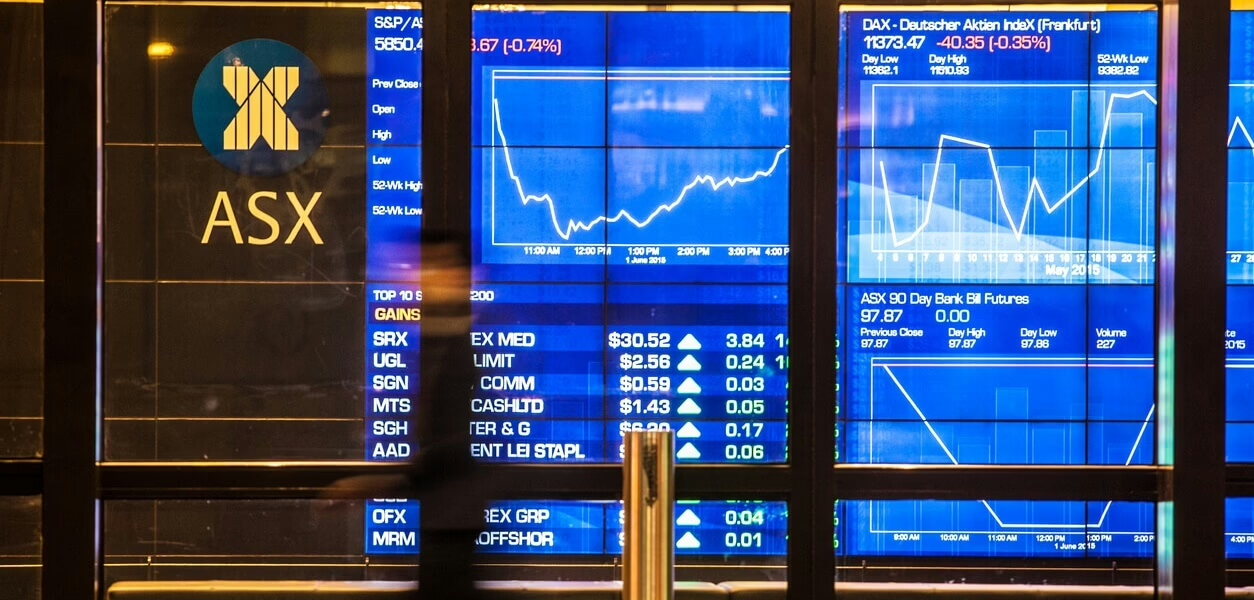The Retirement Essentials team had a lively discussion this week about the most important elements of successful retirement income planning.
And we all seemed to agree on something that is rarely discussed, but very powerful when it comes to making the most successful decisions about building a sustainable income steam. That is the fact that you are the most influential part of the equation, and your good decisions are most likely to affect how long your money will last.
How can this be, you may wonder, when wildcard events like the Global Financial Crises or pandemics can hit with little warning – and cause violent fluctuations in the markets, severely reducing the value of your savings seemingly overnight.
If you have money to invest, for instance in super or a managed fund, there are three main factors that need to combine to achieve your eventual retirement income. There is also something called behavioural economics.
First up, the three factors needed to build a nest egg are:
- Checking that the fund your are with isn’t charging exorbitant fees, so your savings aren’t diluted
- Selection of the investment option that best meets your goals and risk tolerance
- The decisions you make as you navigate the pillars of your retirement; super withdrawal, pension eligibility, asset management, debt management and any decumulation of private assets
Behavioural economics can help us understand that many people struggle with decision making for a variety of reasons. The famous psychological test which asked children if they wanted the ice-cream now or later reveals that some of us like instant gratification and others are prepared to go without now, to get rewards later. In the world of retirement savings, this might mean redirecting a salary increase to higher mortgage repayments so you start retirement with a low or no home loan.
But gratification isn’t the only behavioural issue at play. Many people are disengaged because they are overwhelmed by the rules and complexity. Others may feel there is little point in spending too much time on retirement income management as they ‘have so little it is not worth worrying about it’. It’s understandable how people can feel disheartened, but it is normally the case that the less you have, the more important it is to maximise every last penny.
Our job at Retirement Essentials is to provide objective and useful information to help you make your own best decisions – and to provide affordable support if a qualified professional is needed.
Sometimes, in fact, your best decision is to acknowledge that you don’t know what you don’t know and to seek further information or advice before acting. Such advice may be obtainable from a trusted accountant or a financial professional. ,
There is a myriad of aspects to financial decision-making and it’s only human to feel confused or anxious when we are faced with competing demands.
But there are also useful ways to pause and prioritise those decisions that will work best now – and those that can be managed along the way.
The team at Retirement Essentials is here to help.
First up, with Centrelink entitlements. If you don’t know how much you might get, you are missing a vital piece of information.
So far we have delivered over $8 million worth of pension benefits on behalf of our members, so ensuring that you keep up to date with your pension and other entitlements is very worthwhile.
The second way we can help is to offer affordable advice, which allows you to share the decisions that are concerning you the most with an experienced and trusted professional who can help you to decide your most appropriate plan of attack.
And lastly, we are currently helping thousands of self-funded retirees to access the Commonwealth Seniors Health Card (CSHC). This is a highly valuable concession card for those who do not qualify for the Age Pension but will benefit from the many discounts flowing from this card, including rates, medical services, medication and more.






Does your company service the Gold Coast? My husband and I have some important superannuation decisions to make and how it affects our Centrelink payments.
Thanks for reaching out for further assistance Bronwyn. We are a digital company that can service the entire nation. We will send you an email separate to this comment with further details on how we can assist.
I read a fair bit of the ‘investment press’ which advances ‘funds’ or ‘plans’ or ‘super’ as THE way retirees might keep afloat in retirement. I’ve never subscribed, willingly, to any. I’ve never seen why it’s deemed essential to have an ‘expert’ lose your money for you. I’m quite capable of losing my money all on my own AND i don’t have to pay a fee for the privelege of somebody else doing so.
If an investment philosophy is relevant, then mine goes something like this:
1.NO ‘funds”experts’ ‘plans’ or decisions taken for me.
2. As early as possible, ditch the ‘super’. YOUR money is YOUR money and YOU need every cent of it. Don’t pay ‘experts’
3.Ditch property. Been there, done that, never again. There’s too much money ‘hanging out there’ in one or maybe two baskets. Between government inroads, (CGT, Land tax) tenants and a wobbly market, for me, there’s not a lot of attraction any more. Gone are the days when a bit of a real estate flutter was a licence to print money.
4. Shares, in Australian securities are the only viable option. There is gold, of course, but that’s a bit akin to real estate. There are also other assets and I’d like to be one of those with the ability to sort the wheat from the chaff. Back to shares.
5. Which shares? I’ve been asked that many times. Mind, too, that I’m not a millionaire and never will be. I don’t even consider shares which aren’t paying a dividend. I’m a sticker, NOT a ‘trader’. I’m not keen enough to want to spend the hours needed for share trading. By trading I mean buying and selling within a relatively short time. Sticking is my term for the long term and taking your dividends.
6. With the present pestilences, some shares have taken a pounding. such as A2 milk. I thought the time might be ripe to buy: they were below $5, down from $30-plus. I could stand corrected on those amounts. BUT A2 milk have NEVER paid a dividend and aren’t likely to. Maybe a small trade’? How Small? At $60 a time brokers’ fees and CGT., the numbers have to be above certain level to be worthwhile. Strike off A2 milk.
7.Watch the ‘news’, such as it is. Use google and the ASX. Watch the prices, of course, but don’t quiver and quake when you see a holding or two take a nose dive. Often, companies will maintain their dividends through what seem to be very tough times. I had a mate give me the ‘I told you so’ line re Telstra, but HIS news was out of date and Tesltra’s dividends have remained at 8c. a share since goodness knows when. I took some pleasure in pointing out, with some primary-school arithmetic. the error of his assertion.
8. You DO NOT need financial ‘advice’, if you can do some simple arithmetic. Mathematics aren’t necessary. You DO NOT need a pricey broker. The discount brokers will do the job just as well: maybe they won’t offer ‘advice’, but that ‘advice’ comes at a pretty fancy price and might not be better than yours.
9.Your shares are IMMEDIATELY redeemable for cash, at any time, save weekends, at very short notice: just a phone call away. Try that with any of the ‘funds’ or ‘super’. Maybe you won’t make a profit on a quick sale, BUT you won’t have an advisor taking his cut from the sale, as is often the case when people retire and want their savings – which have probably been invested in shares anyway – oh, they’ll get money, but the ‘advisor’s’ fees will have been deducted. How many ‘booms and busts’ has the share market been through and superannuants’ remunerations are reduced, often by very large amounts, after which reduction, the ‘advisor’ takes his cut?
10. Have a go. The process is only a phone call away. Your crystal ball is as good as mine, or as good as ‘advisors’. There are plenty of discount brokers who will gladly take your orders. Keep dividends in mind and compare one with another.